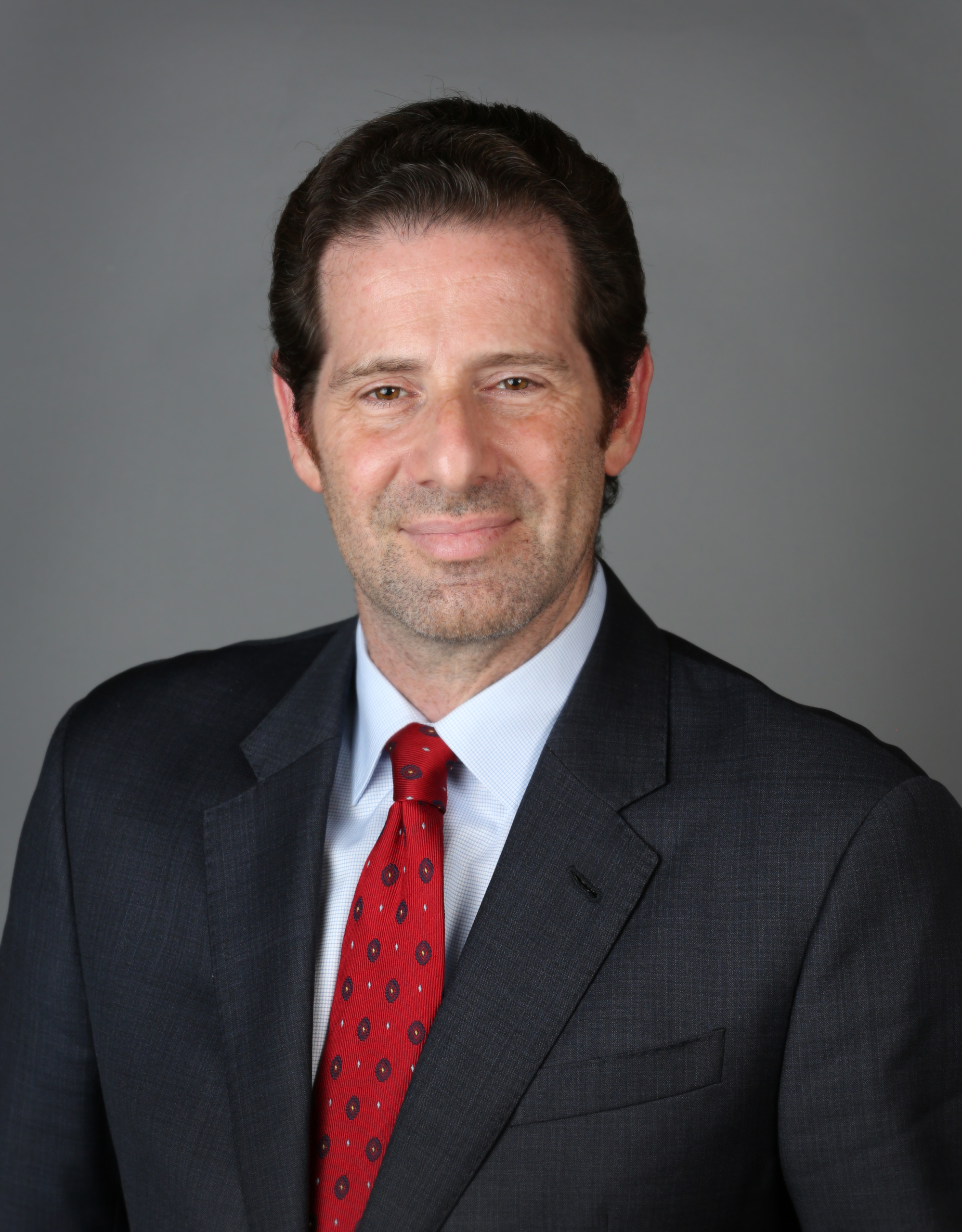Michael G. Kaplitt, MD, PhD, is Professor and Vice-Chair for Research in the Department of Neurological Surgery at Weill Cornell Medicine. He received a PhD in molecular neurobiology from The Rockefeller University and an MD from Cornell University Medical College.
An international leader in gene therapy and functional neurosurgery for neurodegenerative disorders, he first described using adeno-associated virus in the mammalian brain in 1994., In 2003, he performed the first human gene therapy for Parkinson’s disease (PD)., and Dr. Kaplitt has also performed the first gene therapy for a genetic form of Parkinson’s disease and first induced pluripotent stem cell transplant for Parkinson’s disease, among many other translational innovations.
His lab research focuses upon using gene therapy to better understand and treat unmet needs in PD and other neuropsychiatric disorders. His many honors and awards include elected membership in the American Society for Clinical Investigation and the Society for Neurological Surgeon


